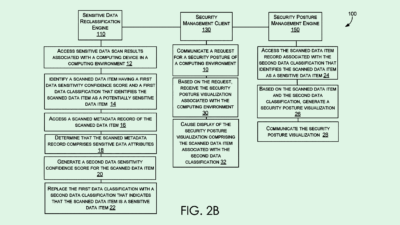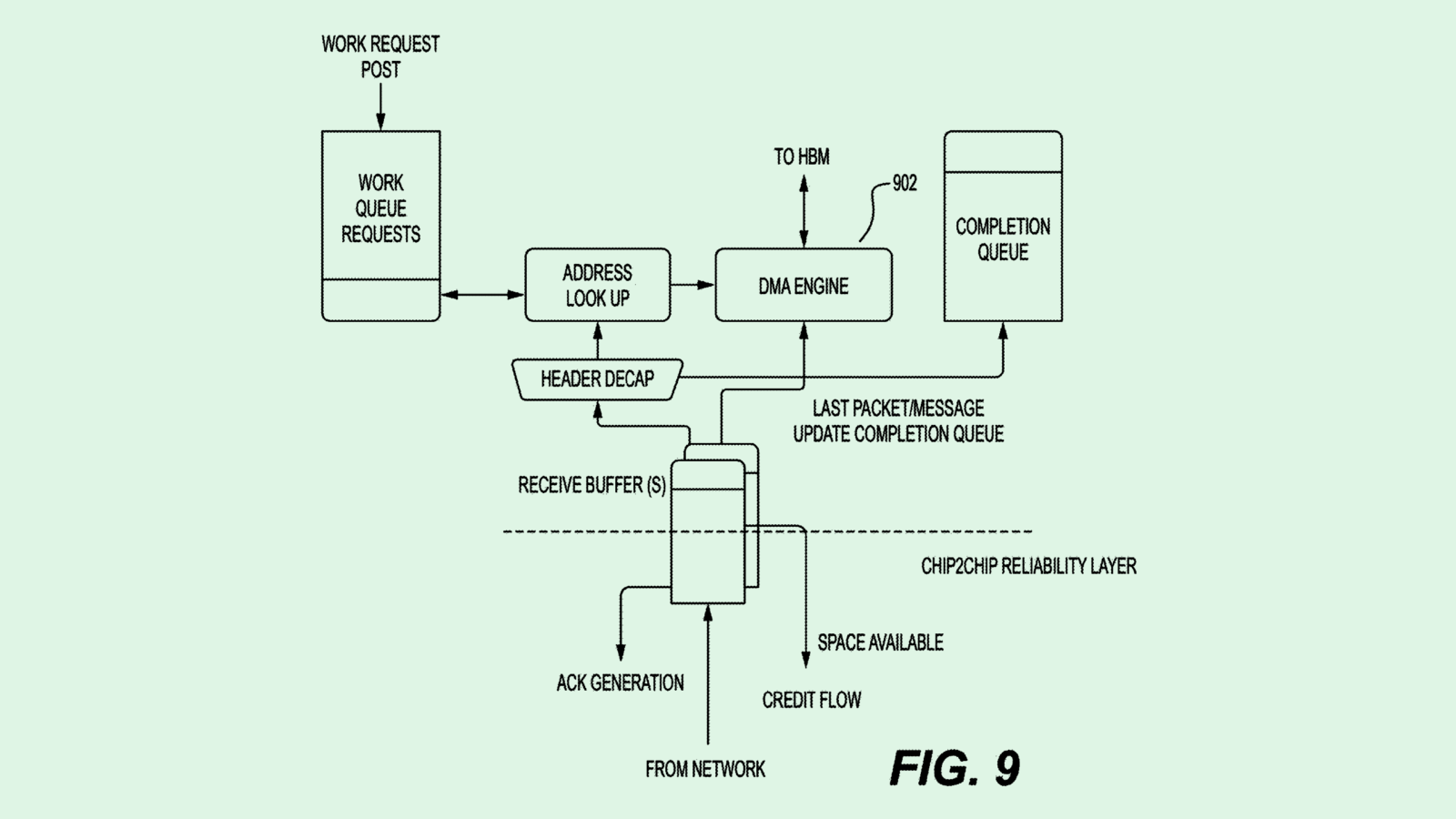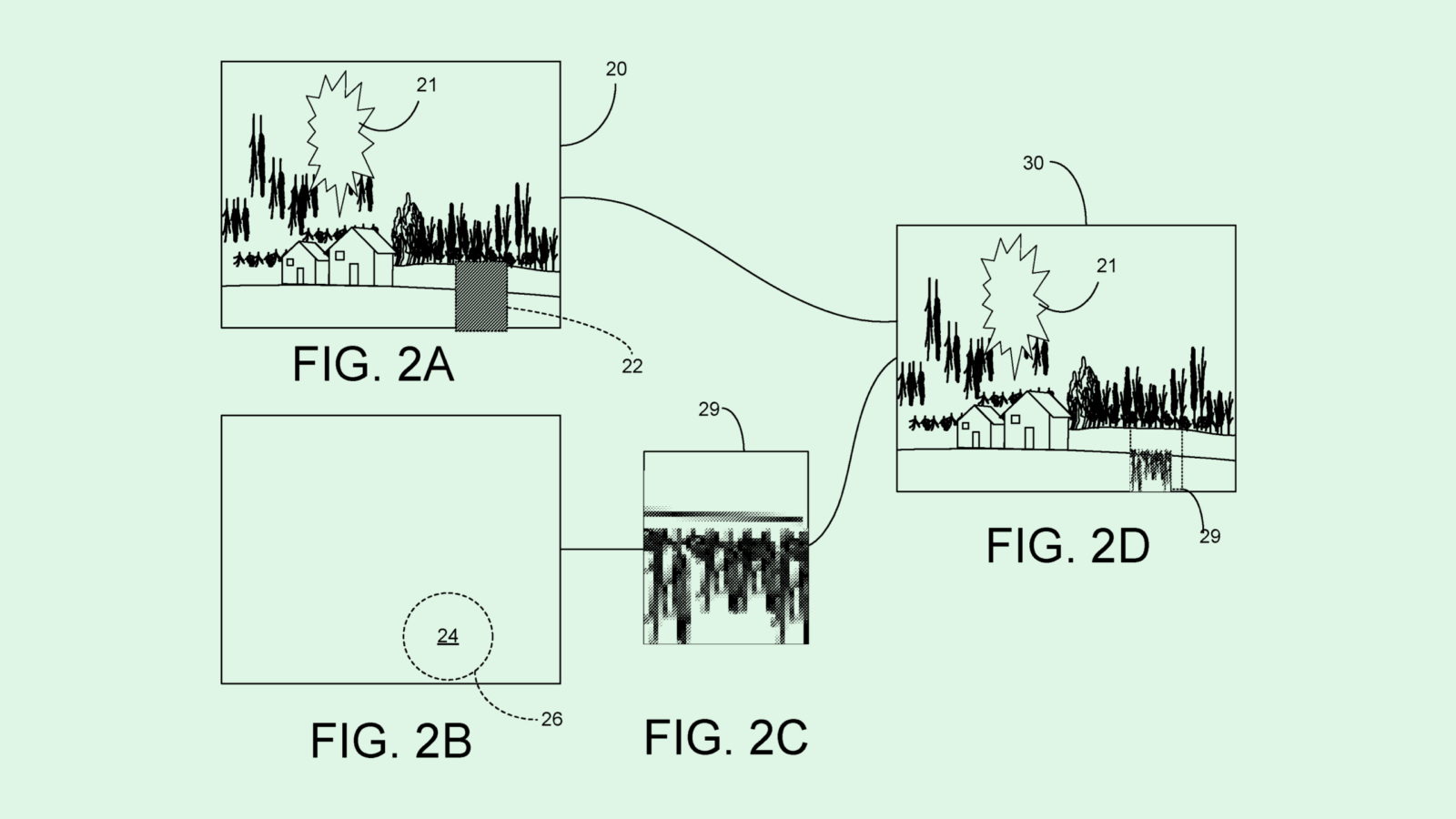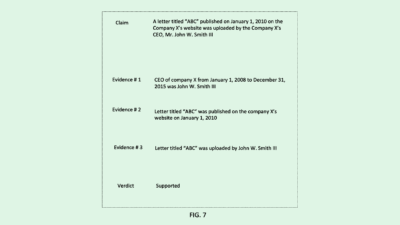Apple’s Cult of Trust
Apple may be making its Home app track you a little closer.
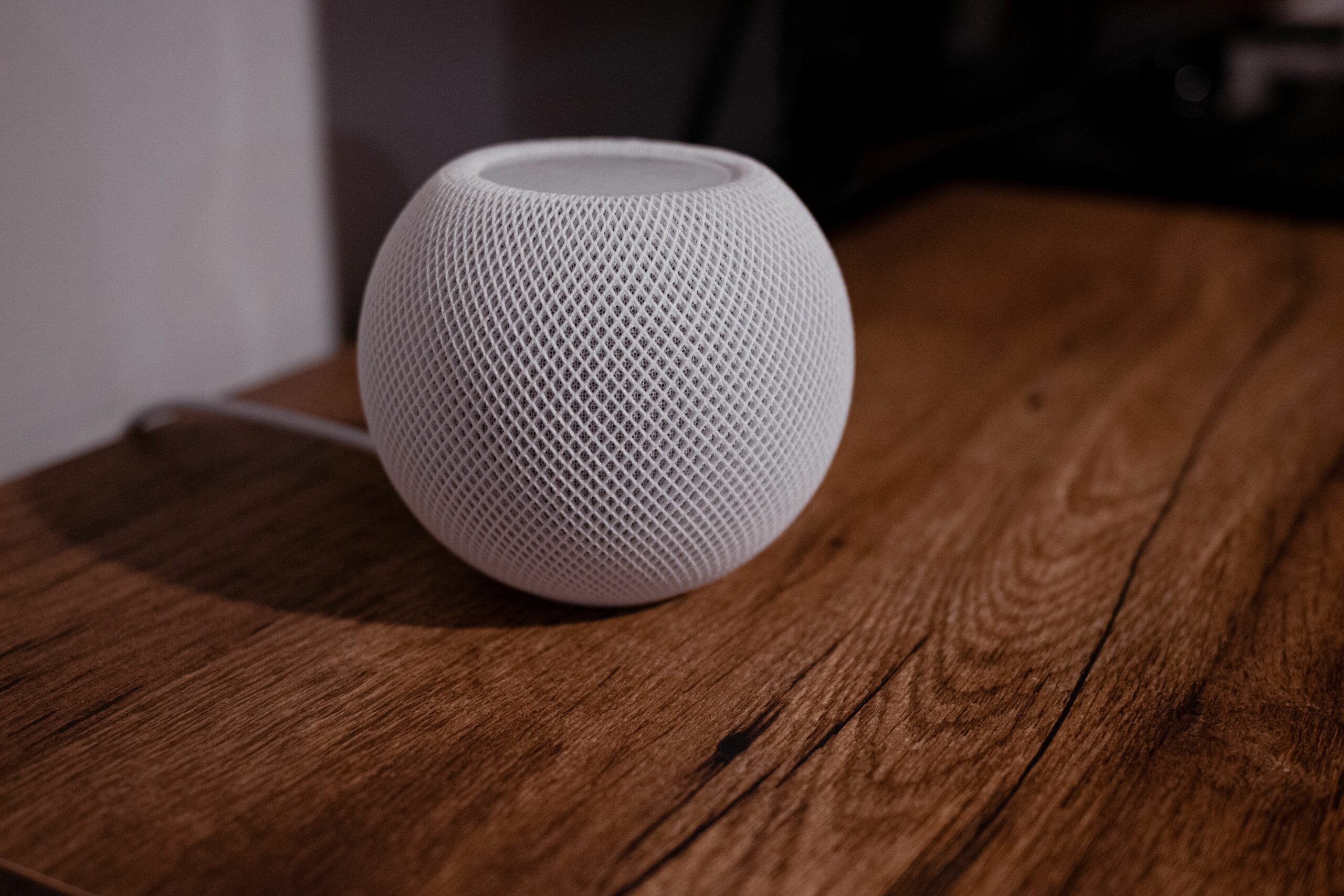
Sign up to uncover the latest in emerging technology.
Apple wants to get to know your habits really, really well.
The company wants to patent tech to use “in-home location awareness.” Essentially, using a mobile device this tech monitors your movements to get to know your home, and identifies “accessory devices” associated with certain rooms, such as lights, thermostats, garage doors, fans, and kitchen appliances. Once determined, all of these devices are clustered into one application (FYI, the Home app is something Apple already offers).
Once an action is performed repeatedly, such as turning on the kitchen lights every day at 6 p.m., Apple’s system uses machine learning to take it upon itself to do them “without requiring user input to identify and access the accessory device.” When actions happen together at a certain time of day, Apple’s system notes this and does them automatically, which it refers to as creating a “scene.”
A “good morning” scene, for example, may involve opening the blinds and adjusting the thermostat. Apple noted that a user may not have to set up these scenes, as they are “automatically suggested,” using location and user activity history to make predictions with machine learning.
“Users often perform the same or repeated actions with accessory devices while in a particular location,” Apple said in its filing. “Certain activities with respect to devices in a home may be performed regularly and repeatedly. This can be a time consuming and tedious task for a user.”
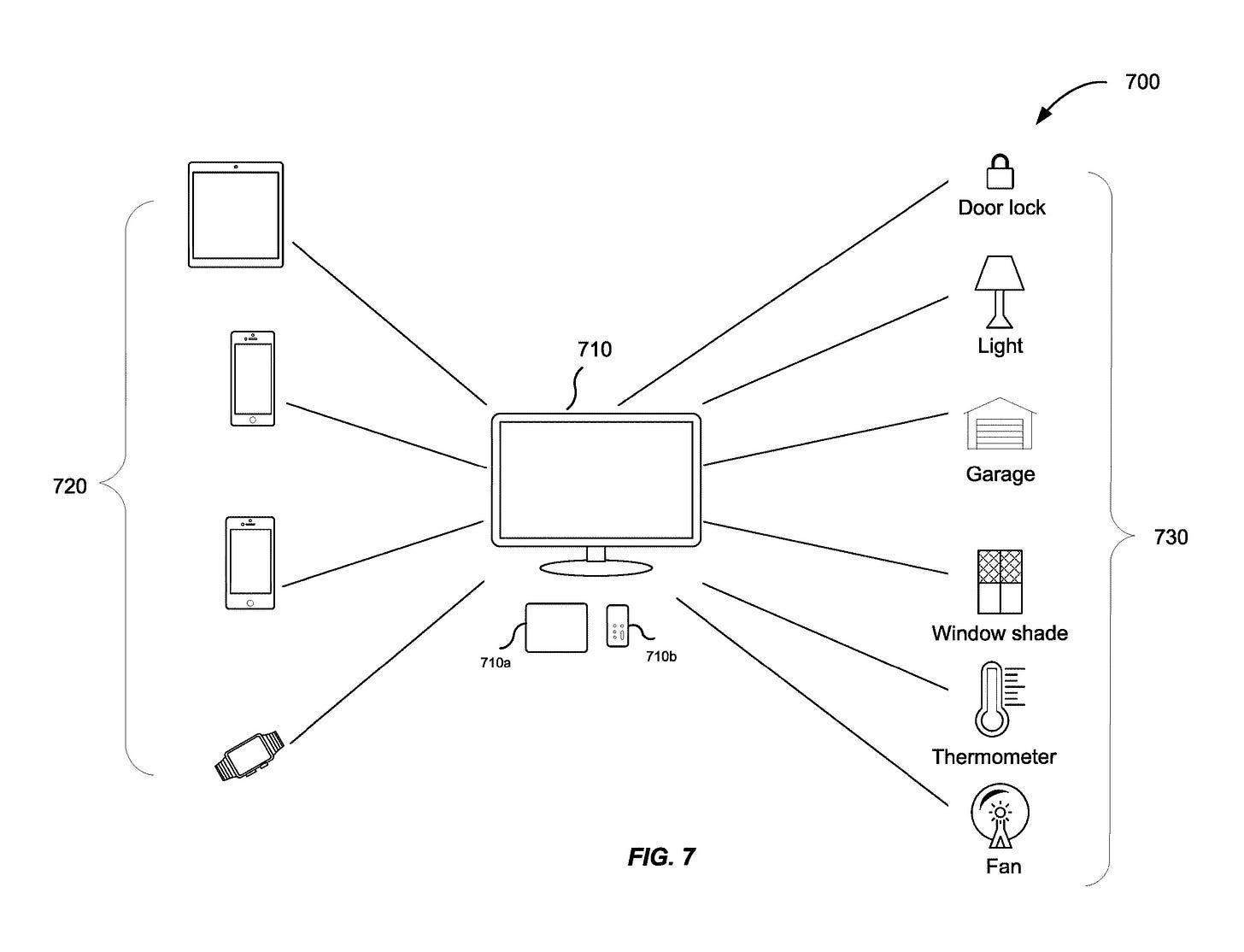
Apple has mastered the art of user tracking. Along with its developing Home app, The company is king of health tracking, with the Apple Watch being a staple of the smartwatch market, as well as potential new devices and features we’ve seen in its patent activity, from health tracking AirPods to blood pressure cuffs to Apple-branded scales.
While this kind of monitoring may make some uneasy, Romeo Alvarez, director and research analyst at William O’Neil, said Apple has built up far more consumer confidence in privacy than other major tech firms, as many consumers are more likely to trust an Apple-branded device for personal tracking over other companies.
“Privacy is a big issue for consumers – I think that would be reason number one for consumers selecting an Apple product for devices around the home” said Alvarez. “If you think about all the large tech companies, whether we’re talking Facebook, Google, or Apple, I think Apple would be the one consumers would trust the most in terms of personal data and location.”
Along with this trust, Apple has amassed strong brand loyalty among its customer base, Alvarez said, with many people purchasing the company’s suite of products to stay within the ecosystem.
Both these factors combined, it wouldn’t be surprising if its home device development expanded, said Alvarez. Apple has the free range to develop and produce pretty much any kind of home device within reason, without fear of consumer backlash or abandonment. While the company offers a range of interconnected home devices with partner businesses, Alvarez noted that Apple has tended to integrate its own in-house versions of a product into its line after first partnering with other companies.
“It’s a large opportunity for the company. Apple is very good at coming out with products that you didn’t even know you needed,” said Alvarez. “Beyond just the watch or the smart speaker … I can see them entering the home and it being a very successful category for them.”
Have any comments, tips or suggestions? Drop us a line! Email at admin@patentdrop.xyz or shoot us a DM on Twitter @patentdrop. If you want to get Patent Drop in your inbox, click here to subscribe.



